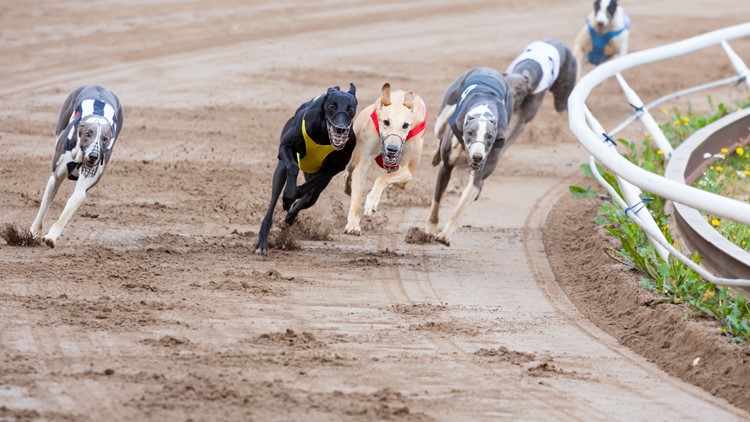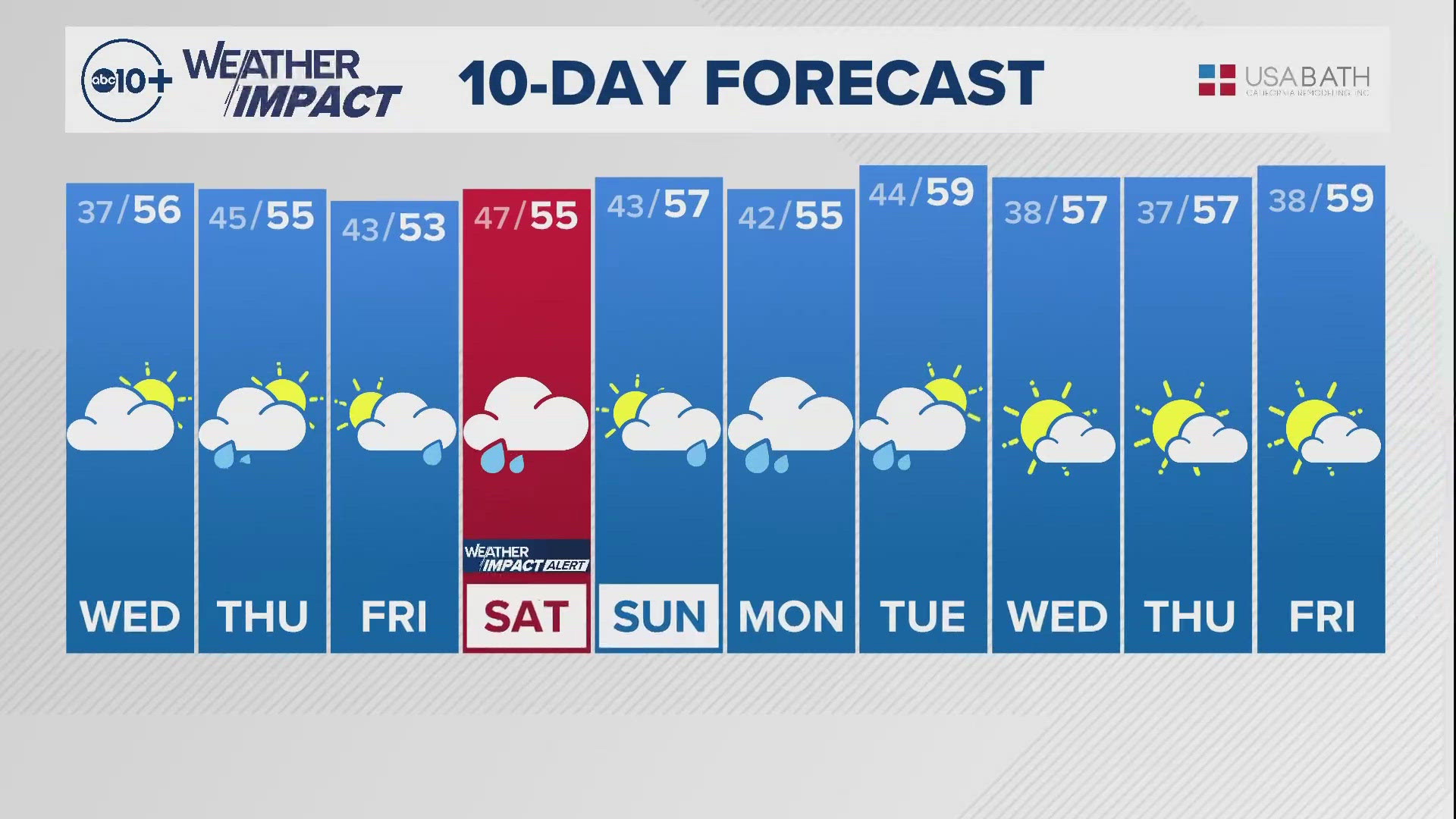Two U.S. representatives introduced legislation Wednesday that would ban greyhound racing nationwide, after an advocacy group released videos showing greyhounds being trained by chasing, mauling and killing live rabbits in Kansas, Oklahoma and Texas, a practice that is prohibited by the greyhound racing industry.
The nonprofit group, GREY2K, said an animal rights investigator shot the videos on isolated training tracks this spring and summer in Abilene, Kansas; Ketoa, Oklahoma; and Elgin, Texas. Some of the footage shows trainers twirling the rabbits around or dragging them in front of the dogs, while others show the dogs trying to trap or kill the rabbits.
Kansas doesn't have a law specifically banning live lure training. It is a felony in Texas and a misdemeanor in Oklahoma, according to GREY2K.
The legislation introduced Wednesday by U.S. Reps. Tony Cardenas, D-California., and Steve Cohen, D-Tennessee, would phase out live greyhound racing or pari-mutuel wagering on live racing across the country. The Greyhound Protection Act also would ban the use of live animals for greyhound training.
Christine Dorchak, president and general counsel of GREY2K, said the legislation would make it impossible for dog racing to continue because it prohibits the use electronic transmission for wagering. She said the bill has strong bipartisan support and proponents are hopeful that Congress will act on it despite having many other pressing priorities.
Cardenas said greyhound racing is cruel and subjects the dogs to brutal training practices.
"My bill allows for a sensible wind-down of an already-declining industry that will ultimately outlaw greyhound racing," Cardenas said. "As a longtime animal welfare advocate, I am committed to always speaking up for the voiceless."
Jim Gartland, executive director of the National Greyhound Association, based in Abilene, Kansas, disputed allegations that the industry treats its dogs badly or uses live bait, noting that humane treatment of all animals is written into the association's bylaws. The group would revoke the membership of anyone who violates the bylaws, which essentially removes them from the greyhound industry.
"We take all the allegations seriously," he said. "We're a little skeptical (about the videos) but we'll cooperate fully with any investigation. We'll also investigate on our own and if any members are found to have violated our bylaws, they'll be dealt with accordingly."
The videos also were sent to racing and state officials in Iowa, Arkansas, Florida and West Virginia, where GREY2K says the dogs raced, were bred or where their owners were licensed.
Carey Theil, executive director of GREY2K, said his group believes just over 100 dogs were trained at the tracks where the videos were shot.
The group contends criminal prosecution is allowed under federal and state animal cruelty laws.
Spokesmen for attorneys general in Kansas, Texas and Oklahoma all said they could not comment on whether their states are investigating the allegations. Theil said racing regulators in Florida, Iowa and Arkansas have told the group they are investigating.
Robert Elrod, spokesman for the Texas Racing Commission, could not comment on any possible investigation in that state. But he said if someone is found to have violated the state's law against live bait training, or against racing dogs that were trained with live bait, the penalty usually is a loss of license for the trainers.
Theil said the trainers could be fined and their dogs be disqualified from all races, but GREY2K believes criminal prosecution is a stronger deterrent.
"The conduct in these cases is so egregious," Theil said. "It's the degree of torture, it really is torture. If this isn't criminal conduct, if they aren't held accountable for this, I don't know what they would have to do to be held accountable. The evidence is crystal clear."
Greyhound racing has been on the decline since the 1990s, when it became a target of animal rights activists and faced stiff competition from other forms of gambling, particularly casinos.
The only active track in Texas closed recently, and greyhound racing will end in Florida this year and in Arkansas by the end of 2022. That will leave active tracks only in West Virginia and Iowa, although dog racing is still legal in five other states that do not have active tracks.
Gartland said he remains hopeful the greyhound industry will survive but acknowledged its critics could be on the brink of ending it.
"We always depended on racetracks, and if they aren't there anymore, there's not much can do," he said. "That would be too bad because I value the breed of racing greyhounds and I would hate to see it diminished."



